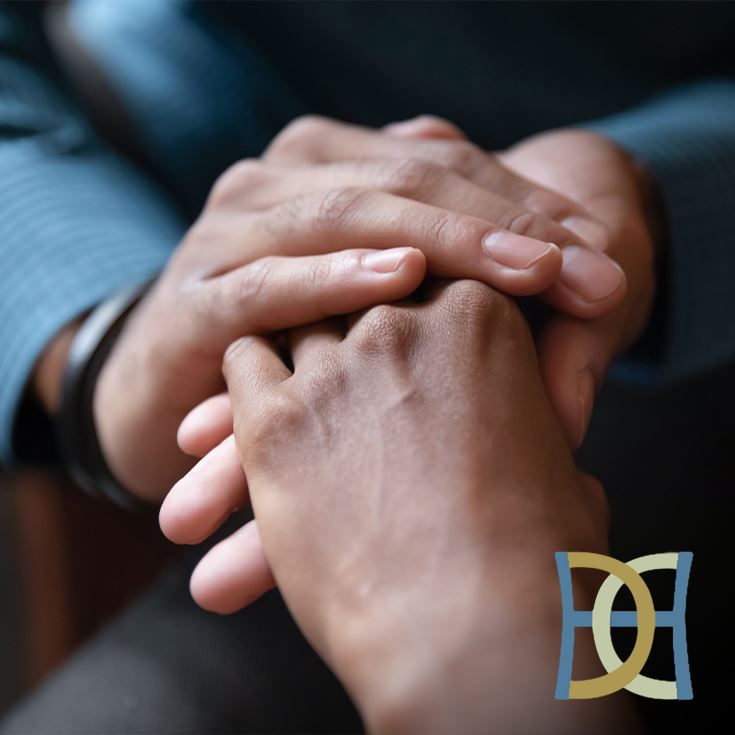Proving a Will is Valid in California
The validity of a will can come into question after a loved one dies. While there can be various legitimate reasons to question whether a will is valid, at times, relatives of a decedent may challenge or contest a will out of bitterness or greed.
If you find yourself in a position where you need to prove that a will is, in fact, valid, keep reading to find out what you need to do.
Proving a Will
The steps that need to be taken to establish that a will is valid will depend on the type of will that has been developed by the willmaker or testator. Specifically, the following needs to be done for the different types of wills in California:
- Attested or witnessed wills (which are wills that are typed, prepared by an attorney and signed in front of at least two witnesses) are considered to be “self-proving” documents so long as the witnesses signed an attestation clause (under the penalty of perjury). Self-proving wills do not require additional testimony to establish their validity and can, therefore, be submitted to the probate court without further action.
- Holographic wills (which are wills that have been written by hand by the testator) can be proven by verifying that the handwriting is, in fact, the writing of the testator. In particular, this generally requires testimony from someone who was personally acquainted with the testator and who knows the testator’s handwriting.
- Statutory wills (which are pre-printed will forms that a testator or his representative has filled in the blanks for) may not require additional proof, so long as they were developed in accordance with California laws and they were signed in front of at least two witnesses (who are not designated as beneficiaries in the will).

What Sets Darrell C. Harriman Apart?
Helping Clients With Their Since 1980
-
Practicing Since 1980
I have over four decades of helping my clients through the legal process.
-
Personalized, Responsive Service
I'll craft a personalized strategy that fits the specific needs of your case.
-
Clear Answers In Plain Language
Simplifying complex legal issues enables you to make informed decisions.
-
Proactive Representation
As a seasoned attorney, I work to anticipate any issues you may face in your case.
Contact the Law Offices of Darrell C. Harriman
I provide the highest quality legal services to clients throughout the San Fernando Valley, Simi Valley, Santa Clarita and the greater Los Angeles area.
To speak with an estate lawyer at the Law Offices of Darrell C. Harriman and find out more about your options, call today at (818) 892-7093 or by filling out the contact form on this page.
